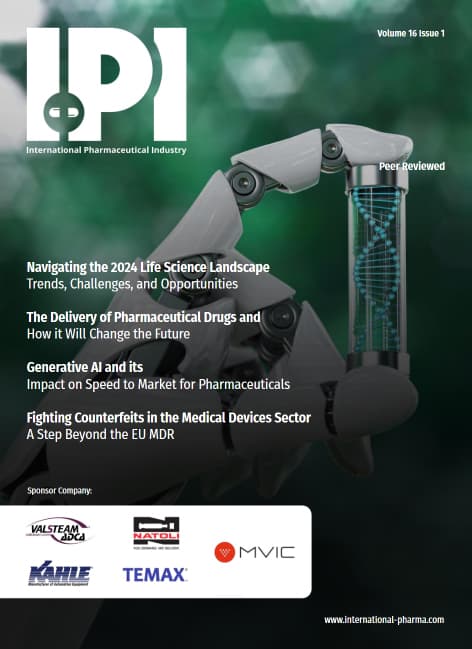Oxford BioDynamics, a biotechnology company based in Oxford, England, is expanding its biomarker discovery programme for the development of companion diagnostic tests for Amyotrophic Lateral Sclerosis (ALS), using its proprietary, award-winning EpiSwitch™ technology. The test is designed to help doctors diagnose the disease within weeks of initial symptoms appearing in patients. With the support from the UK government and Nuffield Department of Clinical Neurosciences, University of Oxford, Oxford BioDynamics is leading a team of specialists in analysis and independent validation of a unique group of 100 ALS patients and 100 age-matched controls. The samples, 38 of which have already been delivered to the company’s reference facility, will be used to evaluate epigenetic systemic blood-based biomarkers to support early diagnosis of the disease.
The latest development is built on the results achieved by Oxford BioDynamics with support from Northeast Amyotrophic Lateral Sclerosis Consortium (NEALS) and Massachusetts General Hospital. Extensive analysis of blood samples provided from US identified a signature of nine systemic epigenetic biomarkers related to the immuno-footprint of ALS extensive analysis. A cohort of 58 patients and controls were successfully stratified by the developed signature and the results were presented at the 14th North East ALS Annual Conference in Tampa, Florida in November 2015. Oxford BioDynamics is following up on the study with further independent cohort validations and aims to release all the results in mid-2016.
Dr Alexandre Akoulitchev, Chief Scientific Officer and co-founder of Oxford BioDynamics said “support from the UK government and our clinical colleagues at the University of Oxford gives us a unique opportunity to build on the successful application of our technology to the first cohort of US patients and helps bring forward fully developed biomarker tools for patients with ALS. Our platform technology has been recognized this year with the Best Innovation Technology Award from Frost and Sullivan, and has already delivered a number of invaluable validated results in several indications. We are very excited to see the immediate results from applications in neurodegenerative indications, especially in ALS, where the unmet clinical need for early diagnosis and prognosis is great. Such quick progress would not have been possible without the vital support of a number of health organisations we have partnered with in the US and UK.”
Professor Merit Cudkowicz, Chief of Neurology at Massachusetts General Hospital and Julieanne Dorn Professor of Neurology at Harvard Medical School commented on OBD progress “we think it is very important to improve diagnosis – earlier and more definitively, so we can start treatments, and reduce unnecessary testing and procedures.”
The range and complexity of symptoms exhibited by patients with ALS, means that it can take up to a year for a diagnosis to be confirmed after the initial symptoms begin to appear. Oxford BioDynamics’ EpiSwitch™ platform can bring forward that diagnosis, provide prognostic insights and help the process of clinical decisions and patient management at an earlier stage.
IPI was established by professionals with over 30 years of experience in the Pharmaceutical and Life sciences publishing sectors. Peer-Reviewed, Contemporary, Authoritative
IPI Media © 2024, All Rights Reserved – Powered by Teksyte

























